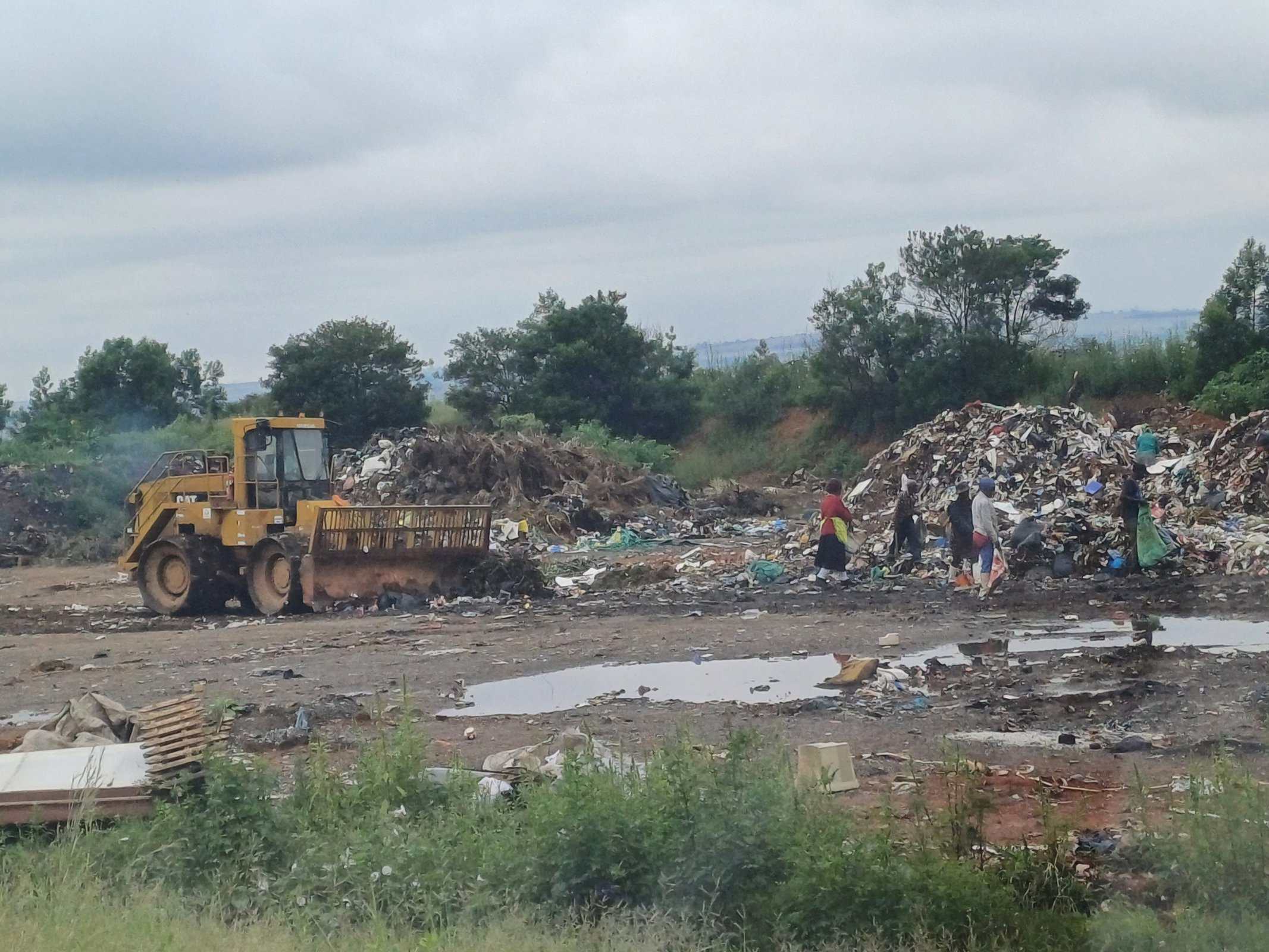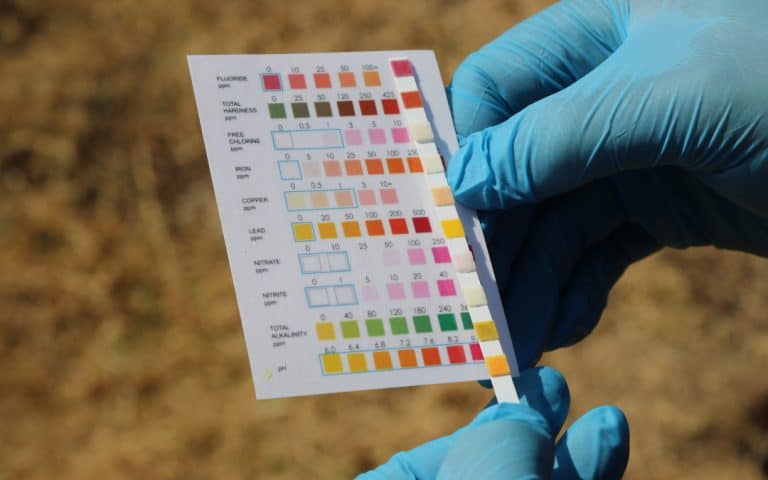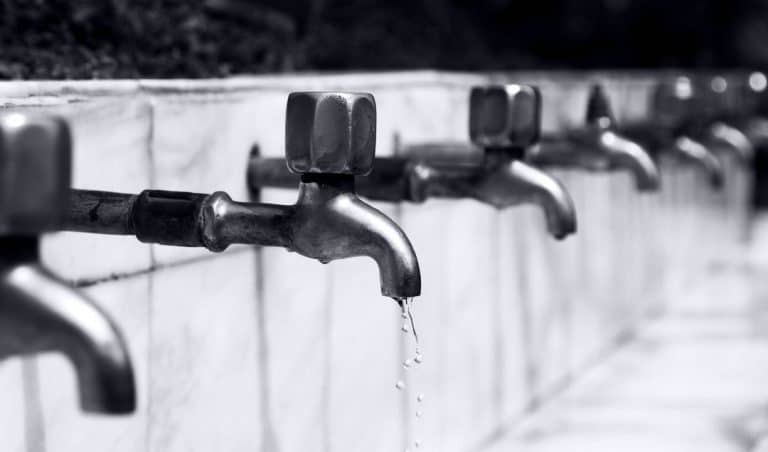Self-reliance the answer after failures expose waste crisis in Tshwane Metro – AfriForum
Soundbite: Marais de Vaal (English)
Klankgreep: Marais de Vaal (Afrikaans)
Despite years of planning documents, draft policies and by-laws, the Tshwane Metropolitan Municipality is nowhere near meeting national waste diversion targets. AfriForum argues that with a wholly inadequate budget, severe capacity constraints and no realistic timelines, residents are left to pay the price. The civil rights organisation maintains that communities should reduce their dependence on failing municipal systems.
The National Waste Management Strategy (NWMS) requires municipalities to, among other things, divert 40% of waste from landfill sites by 2025 and implement programs that separate waste at the source (households and businesses). During a recent briefing to Parliament, it came to light that the Metro is falling seriously short of these requirements.
Only 5% of waste is currently being diverted from landfill sites. This is mostly attributed to the work done by informal waste pickers. With this, the Tshwane Metro has only managed to get fewer than 100 households to participate in its official recycling pilot project. In the meantime, illegal dumping has been allowed to run rampant, especially in the western and southern parts of the municipal area, where landfills have closed. The remaining landfill sites, such as those in Soshanguve and Bronkhorstspruit, will be full within three years, while Ga-Rankuwa and Hatherley will follow shortly after.
Despite these urgent problems, the latest Medium-Term Expenditure Framework reveals that the Metro is unprepared for the costs associated with adequate waste management. While it costs R137 million a year just to keep landfills operational, only R800 000 is set aside for waste management projects in the 2024/2025 financial year. That is just 1% of the Metro’s capital budget. This is nowhere near enough to build recycling infrastructure, start composting plants or extend landfill’s airspace.
While the Tshwane Metro plans to spend R210 million in 2025/2026 on buying refuse removal trucks, it does nothing to fund separation-at-source systems, enforce legal compliance or fund facilities that actually reduce landfill volumes. There is no recurring budget to expand waste enforcement teams, to run public awareness campaigns or to integrate informal recyclers – all key pillars of the Metro’s draft Integrated Waste Management Plan introduced in 2023 and draft Waste Management By-law.
According to Marais de Vaal, AfriForum’s Advisor for Environmental Affairs, the timeline is simply unachievable. “The Metro’s plans are still in draft form, without any financial path to implementation, while landfills fill up, illegal dumping spreads, and costs mount. Without real data and urgent local action, the city’s residents will continue to face higher tariffs, such as the controversial cleansing levy, more illegal dumping, and a growing environmental health crisis.”
AfriForum has therefore demanded that the Metro take immediate action by publishing monthly reports on landfills’ capacity and waste diversion rates, as well as release detailed enforcement statistics on illegal dumping, including the number of sites cleared and fines issued.
“Disclosing this information not only promotes transparency and accountability from those tasked with keeping the streets clean but allows communities to build a sustainable future – with or without the help of the state,” says De Vaal.
Residents cannot afford to wait for the Metro’s promises that lack both funding and credible timelines. Grassroots action remains the only safeguard. AfriForum’s community-driven recycling projects in Centurion diverted over 3 000 tonnes of waste from landfills last year, without the added burden to taxpayers.
AfriForum will continue to support communities so that these failing municipal systems does not call a halt to residents’ efforts to build a sustainable future.











